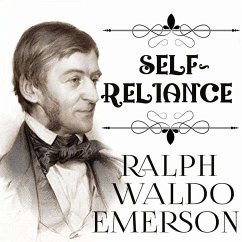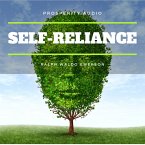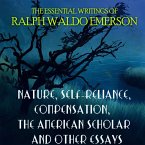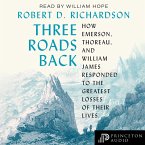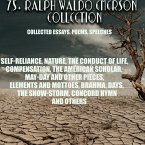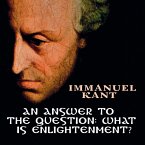"Self-Reliance" is an essay by Ralph Waldo Emerson, a prominent American philosopher and essayist from the 19th century. Published in 1841, the essay explores the concept of individualism and the importance of trusting one's own instincts and beliefs. Emerson advocates for the rejection of conformity and societal expectations, encouraging readers to rely on their own intuition and inner convictions. The essay is a powerful call to embrace self-reliance as a means of personal growth and fulfillment, promoting the idea that true wisdom arises from individual experience and authenticity."
Dieser Download kann aus rechtlichen Gründen nur mit Rechnungsadresse in A, D ausgeliefert werden.

